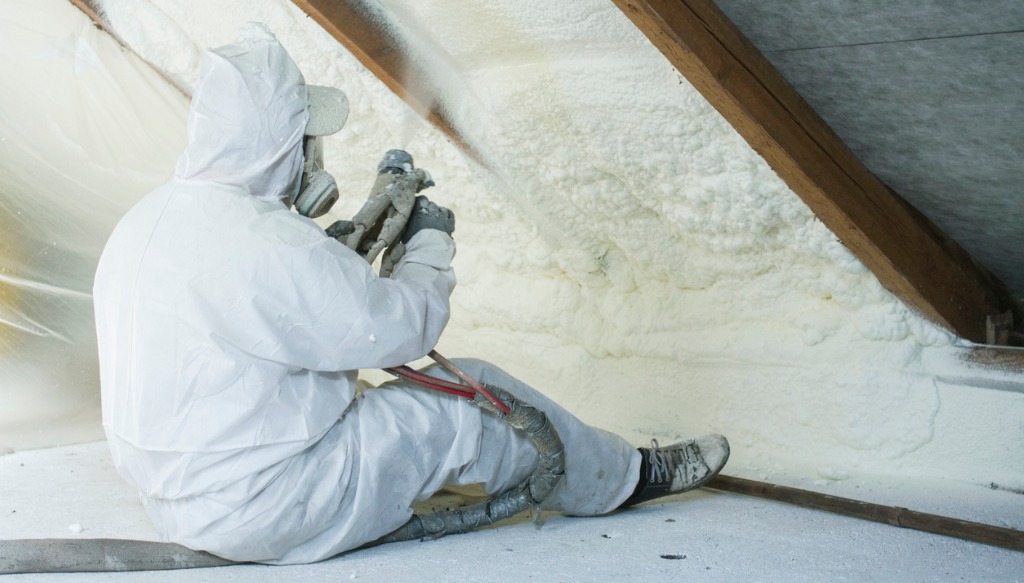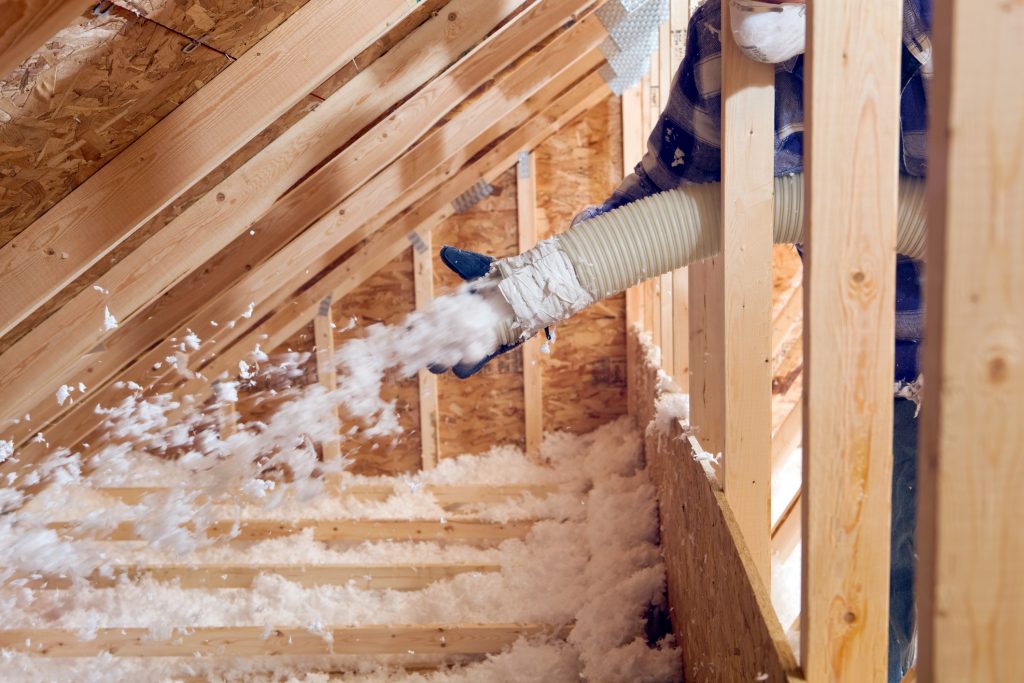A quarter of heat is lost through the roof in an uninsulated home. Insulating your loft, attic or flat roof is a simple and effective way to reduce heat loss and reduce your heating bills.
Loft insulation is effective for at least 40 years and it should pay for itself many times over.
Choosing loft insulation
If your loft is easy to access and has no damp or condensation problems, it should be easy to insulate – and in most cases, it is possible to do it yourself.
If access is easy and your loft joists are regular, you can use rolls of mineral wool insulation. The first layer is laid between the joists – the horizontal beams that make up the floor of the loft – then another layer is laid at right angles to cover the joists and make the insulation up to the required depth.
Here’s what to consider when installing loft insulation:
1. Storage space
If you plan to use the loft or attic for storage, you will want to lay boards over the joists. Unfortunately, if you only insulate between the joists before doing this, the insulation won’t be thick enough.
To get enough insulation, you can raise the level of the floor so you can fit enough mineral wool beneath the new floor level. You can do this by fitting timber battens across the joists, or you can buy purpose-built plastic legs that fit on the joists and support the new floor. It’s important to leave a ventilated air gap between the insulation and the boards to prevent condensation on the underside of the boards.
Make sure you don’t squash the mineral wool when you fit the boards on top as this this will reduce its insulation value.
2. Warm loft
An alternative way to insulate your loft is to fit the insulation between and over the rafters – these are the sloping timbers that make up the roof itself. You can use rigid insulation board, carefully cut to size, or you can have foam insulation sprayed between the rafters.
Whichever approach you use, you will need a specialist professional to insulate your roof – this is not a DIY job.

Advantages:
- The roof space will be warmer than with standard loft insulation, so you won’t need to worry so much about freezing tanks and pipes.
- You can board the floor for storage without having to raise it to create extra depth.
Disadvantages:
- Insulating at rafter level is considerably more expensive than most standard loft insulation.
- As well as insulating the roof, you will have to insulate any gable walls, party walls and chimneys in the loft space. If you leave these uninsulated, then the heat will bypass your new insulation making it largely ineffective.
3. Inaccessible loft spaces
If your loft is hard to access, you can have blown insulation installed by a professional, who will use specialist equipment to blow appropriate insulation material into any awkward space. They may use mineral wool fibre, treated cellulose or polyurethane foam.

